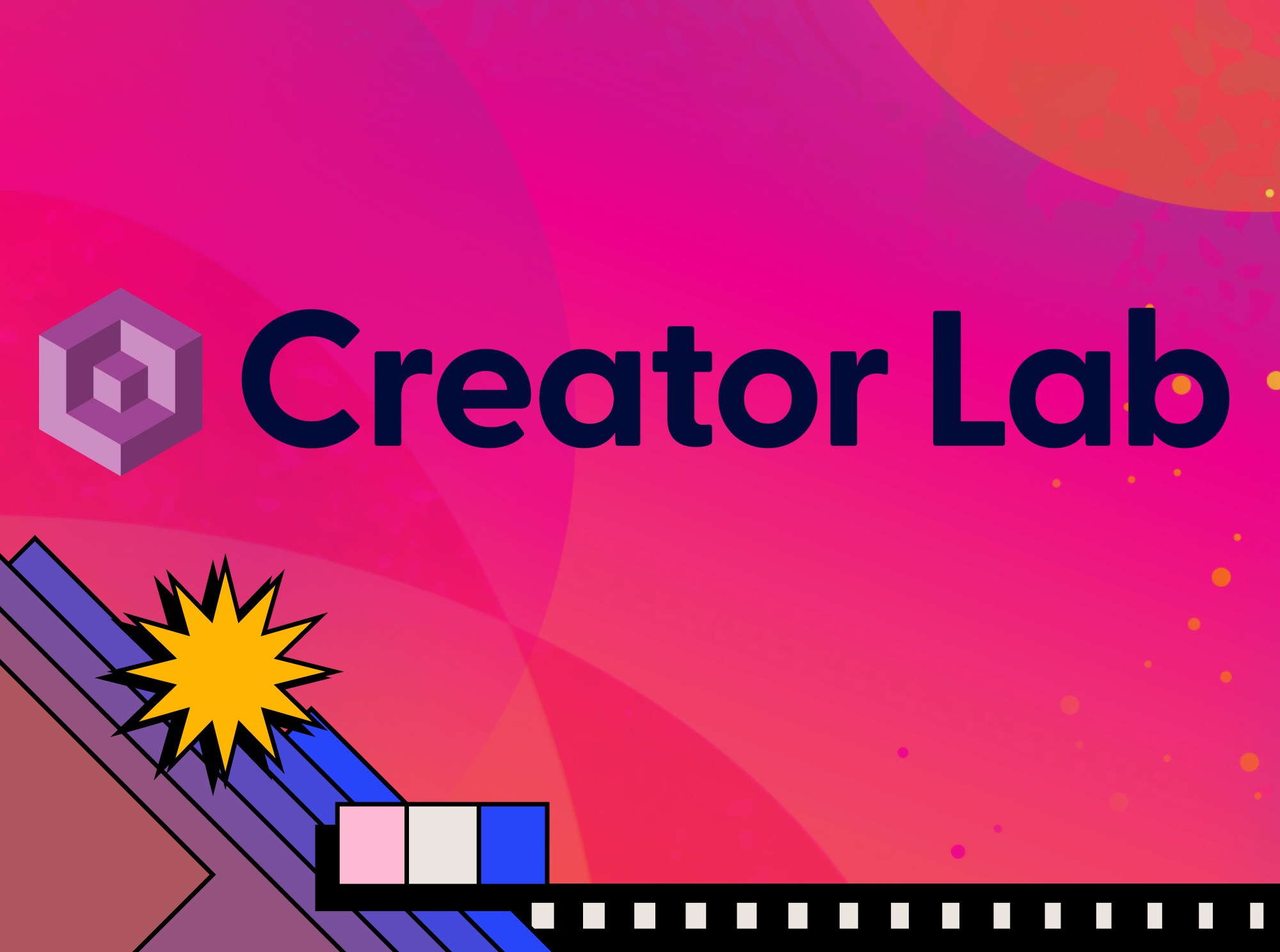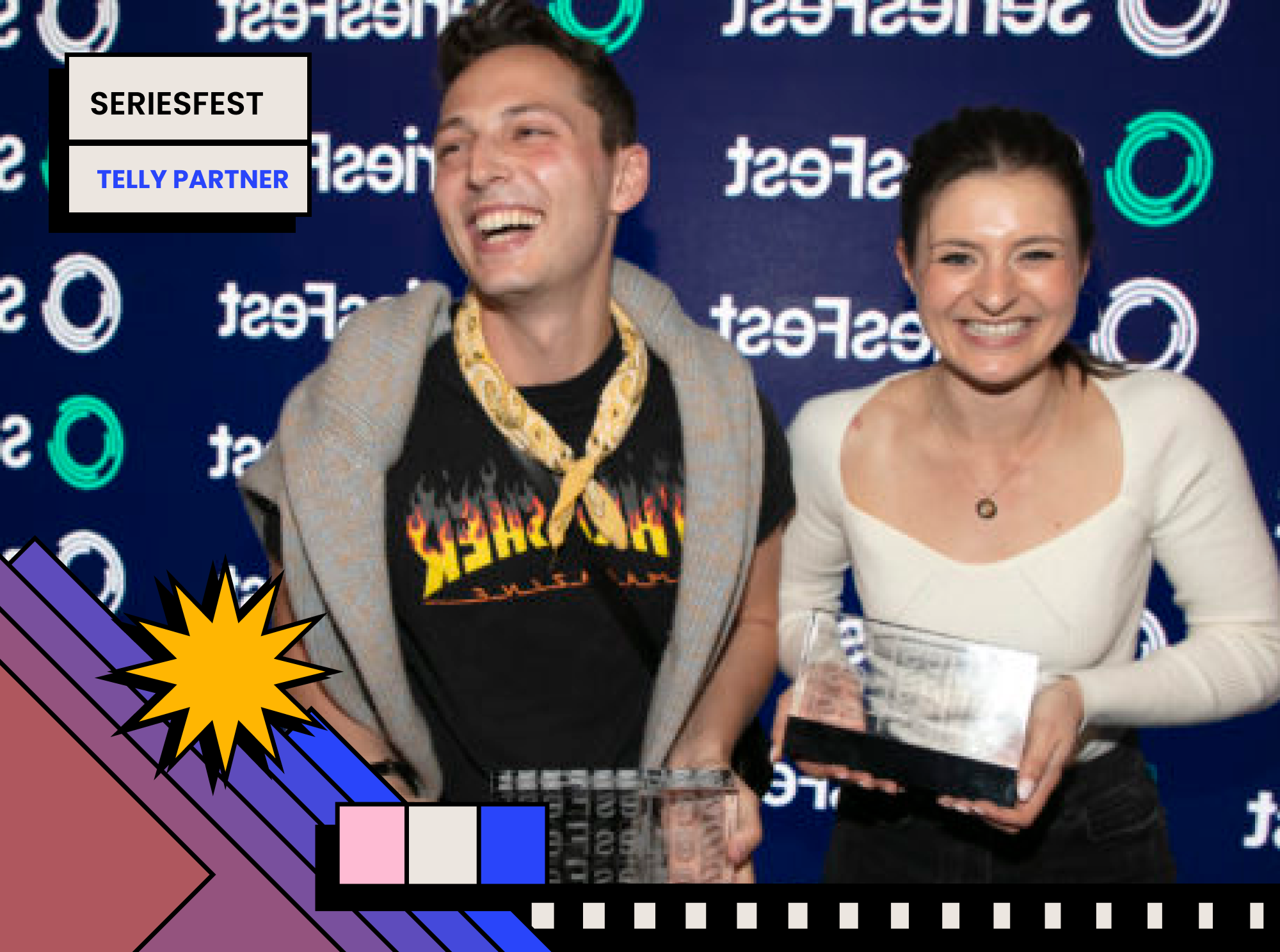For this month’s In Focus interview, we’re exited to feature the United States Tennis Association! We spoke with Matt Guerra, Executive Producer at USTA, about their Telly Award-winning video featuring Karin Korb for their series “Wheelchair Tennis – Pillars of Success.” We spoke with Guerra about how the concept for this video originated, the importance of impactful video content for USTA, and what winning a Telly Award means to them.
Watch “Wheelchair Tennis – Pillars of Success,” and read our interview with Matt Guerra, below!
How did the concept for this video originate? Why did you decide to focus on Karin Korb? Wheelchair tennis touches the essence of our sport – a desire to play and compete that rises above any circumstance. For wheelchair athletes, simply being on the court is a victory. We felt Karin was an essential subject because she is a bridge between the earliest days of the sport, to where we are today. Her mentors were literally the founding mothers and fathers of wheelchair tennis, and she remains active today – bringing a lifetime of experience to the next great generation of players.
What challenges did you encounter while creating this piece? How did you overcome them? Filming 6 subjects spread across the country within a couple of weeks was a challenge. It can be hard enough to make sure all of your footage “belongs in the same movie” when you are working with a tight-knit team. Expanding our production to include 5 teams meanto the direction, style and what needed to be conveyed was crystal clear. I credit our director and editor, Kenn Bell, for providing excellent guidance to our teams in the field. This enabled us to create a cohesive whole from many different sources.
How did the concept for this piece evolve over time? The original idea was to present of history of wheelchair tennis. As we began with our pre-interviews it became clear that the most interesting part of these stories was not how they fit into a timeline, but how certain themes repeated themselves in everyone’s story. Despair, defeat, resilience, curiosity, obsession, community, competition, joy. This and more, but what was clear is that discovering and falling in love with wheelchair tennis is a journey. And that while each athlete has a unique origin, the waypoints along the route seem universal.
What part of this piece are you most proud of? Our hope is that we were able to capture a unique moment in time for this sport, and to do it justice. Wheelchair tennis may be entering a newfound era a mainstream appeal. As exciting as this is, it creates even more urgency for documenting the foundations that have taken us this far.
What did you learn from making this video? Where there’s a will, there’s a way. I’m not exaggerating when I say that this project went from concept to completion in under a month. That would not have been possible without each and every person involved being fully committed to telling this story. Every request we made was met with a “yes”. Every door we needed opened, was opened (graciously). And everyone who contributed brought their a-game from the creative team, to the sponsors who made it possible.
What role does video content play at the United States Tennis Association? How does this piece represent the company’s overall creative vision? It’s a piece of the whole. The USTA’s mission statement is “The promote and develop the growth of tennis.”. We have outstanding teams working in unison to fulfill this mission. Social Media, Creative Services and Editorial combine with our Video team to make sure the whole story of tennis in America is told well. That goes for grassroots efforts, league play, high school and collegiate programs – all the way up to the US Open. The real trick is figuring out the best way to communicate any given piece of information. Sometimes that may be posting the 1984 Women’s Final on our YouTube Channel, sometimes a quote graphic, sometimes an article. Operating as one team with a variety of positions enables us to produce a vast amount of content tailored specifically to the audiences who most want it.
What does winning a Telly Award mean to you? We have a team that is very proud of the work we do. That said, receiving acknowledgement from the Telly Awards lets us know we’re not the only ones that think it’s good! Funny but true. When you work in a world as focused as ours is, it’s essential to seek a broader perspective on the quality and relevance of the work you create. That’s what the Telly Awards gives us. A chance to not only gague our own performance, but to be exposed to world-class creators across the industry.





